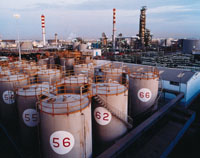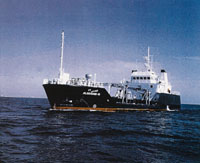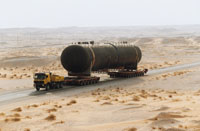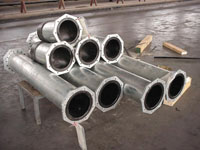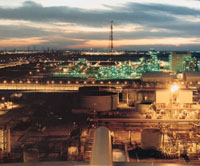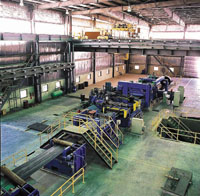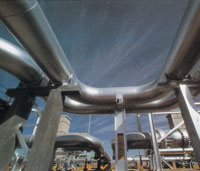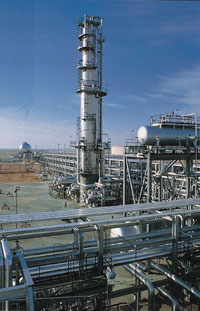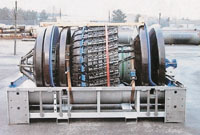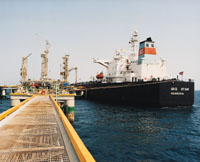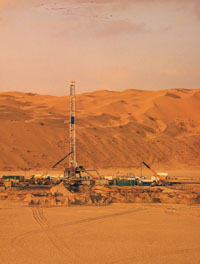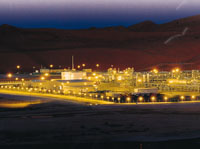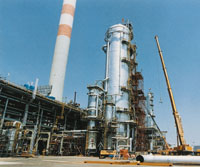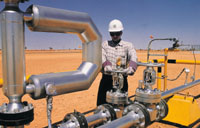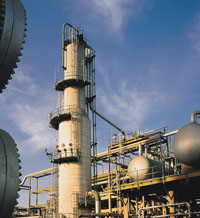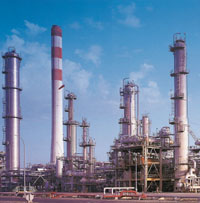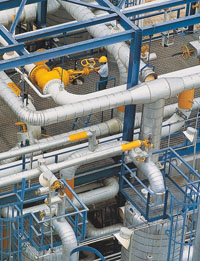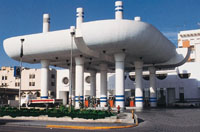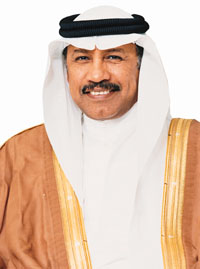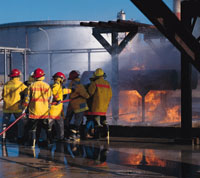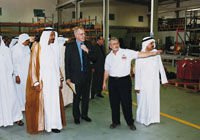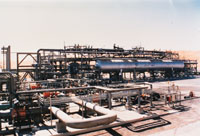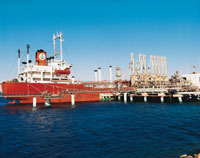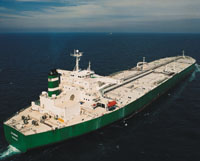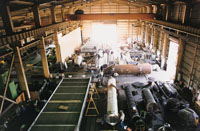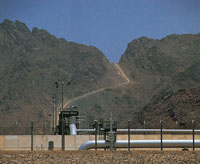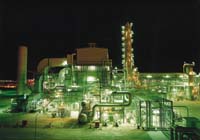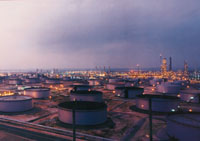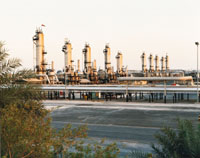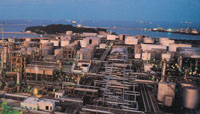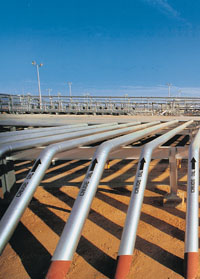

Better management of resources, better planning of industrial projects and promoting and enforcing energy conservation policies can realise better industrial use of energy resources, according to Saudi Aramco's Fahad Al Khaldi and Basel Abu Sharkh. With the largest oil reserves in the world and increasing gas supplies, the availability of hydrocarbons for energy use is not a major industrial expense in Saudi Arabia.
However, the geographical location of Saudi Arabia and its climate provides unique renewable energy resources represented by solar and wind energy, which, if utilised properly, could provide a major percentage of national energy consumption.
These energy resources, however, are not price competitive because of current low hydrocarbon fuel prices, though the use of alternative energy resources might become feasible in the coming decades.
Coming decades are likely to witness a great increase in energy consumption caused by rapid population growth. This rapid growth necessitates sound energy planning as well as better management of existing and potential energy resources.
Some issues that must be considered are cogeneration, industrial integration, energy saving policies and renewable energy resources.
Rational management of energy resources must be considered for economic and environmental reasons. The emissions associated with thermal power generation are substantial. As a result, minimisation and better use of power leads to lower emissions and a cleaner environment.
Energy conservation must be addressed in Saudi Arabia because of economic, political and environmental reasons, Industries that conserve energy can be much more competitive locally and globally as world markets become more open and world trade agreements free more markets and place more restrictions on government subsidies of industries.
Profitable local industries might be unable to compete when oil prices drop to low levels or when power prices increase.
Processes that are well designed and integrated for maximum power efficiency will not have to undergo severe high-cost modifications when energy prices change. Processes whose major cost is power - for example, those involving electrolysis - can be more profitable by using better energy conservation strategies.
There are many environmental advantages from energy conservation. Energy conservation causes less fuel to be burned and consequently less greenhouse gases and dust released to the atmosphere.
In addition, releasing large amounts of heat into the atmosphere may contribute to global warming, which could influence local ecology, and land and marine biological environments.
Better energy management and use can be realised through many strategies that involve government policies, consumer awareness and industrial competition.
Industry Management
Better energy use can be achieved with close coordination and cooperation between producers and consumers of energy.
Government agencies should promote and facilitate cooperation between industrial sectors. A prime objective should be the optimisation of the Kingdom's overall energy use.
Public awareness
Public awareness of the importance of energy use assists in improving the country's energy use. This can be achieved through the following:
Energy prices
Stable electrical energy generation provides better selection of more efficient power generators.
Today the national electricity grid in Saudi Arabia has a wide variation of minimum and peak daily power consumption.
By reducing the gap between



















































































